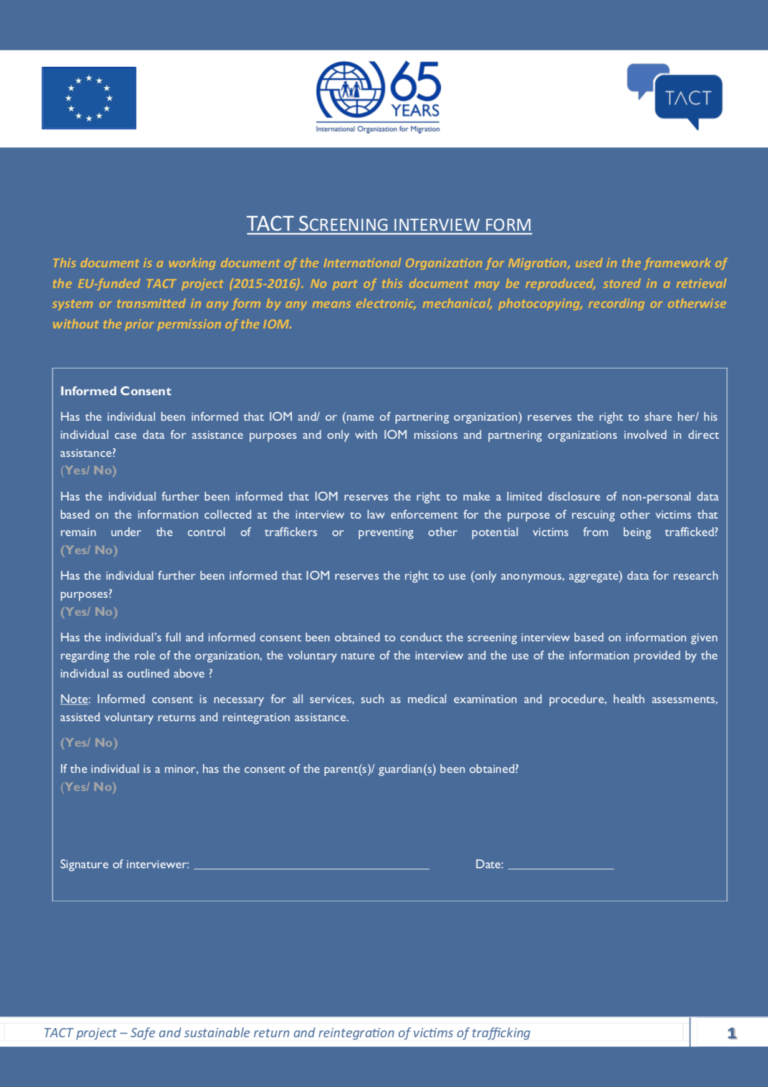Unlocking Potential: A Blueprint for Mobilizing Finance Against Slavery and Trafficking
GuidancePublicationsUnlocking Potential: A Blueprint for Mobilizing Finance Against Slavery and Trafficking is the final report of the Liechtenstein Initiative for a Financial Sector Commission on Modern Slavery and Human Trafficking, which has now formed Finance Again...Read More

